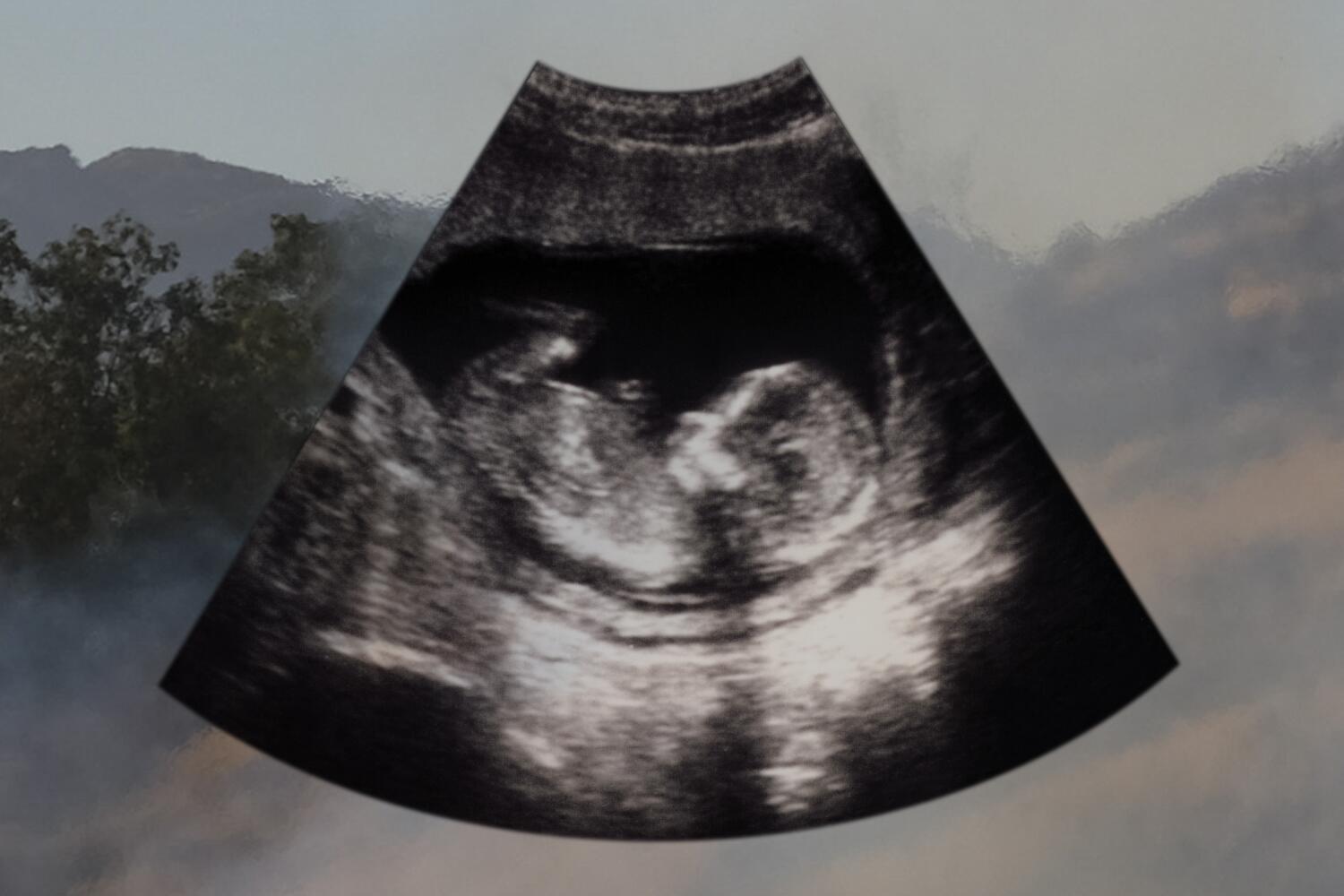
In light of the ongoing wildfire crisis in Los Angeles, a pressing question arises for expectant parents: Should pregnant individuals consider fleeing the city to escape the hazardous smoke? As authorities grapple with the aftermath of relentless firestorms, medical professionals are voicing their concerns regarding the specific health risks posed by smoke exposure to pregnant people and their developing fetuses.
Dr. Joseph Ouzounian, who chairs the obstetrics and gynecology department at USC’s Keck School of Medicine, stresses the gravity of the situation. He recommends that those expecting who find themselves in heavily smoky conditions for extended periods contemplate either relocating to an area with better air quality or ensuring that their indoor spaces are equipped with air filters and purifiers. With smoke levels soaring in Los Angeles County, experts emphasize the importance of heeding local evacuation advisories.
Dr. Allison Bryant, a maternal fetal medicine expert at Mass General Hospital and chair of the American College of OB/GYN’s Committee on Obstetric Care Practice, echoes this sentiment. She advises pregnant women to follow the Centers for Disease Control and Prevention guidelines: Stay indoors as much as possible, keep windows and doors shut, optimize HVAC systems with filters, and use N95 masks if necessary. Consistent prenatal care is crucial, and individuals should prepare to adjust their delivery plans if an evacuation becomes necessary.
Emergency preparedness cannot be overstated. The CDC suggests maintaining a seven- to ten-day supply of essential medications and prenatal vitamins. This should be packed in a go-bag along with vital items like clothing, medical records, and insurance documents. The latest CDC recommendations align with new guidance from ACOG, tailored specifically for pregnant individuals facing emergency scenarios. While many precautions mirror those recommended for the general population, pregnant people need to pay special attention to their prenatal care and delivery needs.
Dr. Ouzounian affirms that while short bouts of smoke exposure may not be immediately harmful if precautions like wearing masks are implemented, prolonged exposure is a different story. Ongoing exposure to environmental toxins could have a detrimental impact on fetal development. With forecasts indicating worsening air quality due to high winds, the question of temporary relocation becomes even more pertinent for those facing extended exposure to pollutants.
Some of Ouzounian’s patients, particularly those living in mandatory evacuation zones, are making the decision to leave town. Reports indicate individuals relocating to areas like Orange County, where they can access new healthcare providers. Meanwhile, others are looking towards Arizona, San Diego, or Northern California, especially if they have lost their homes and face uncertainty in rebuilding.
As Dr. Christina Han, a clinical obstetrics and gynecology professor at UCLA’s David Geffen School of Medicine, points out, finding a new OB-GYN can be a challenge, particularly during an emergency. Thus, she encourages patients to consult their current healthcare providers before relocating to leverage their networks for finding care elsewhere.
While research on the effects of wildfires on pregnancy is still emerging, Dr. Han reassures that, with proper precautions, pregnant individuals should navigate this crisis safely. First and foremost among her recommendations is wearing an N95 mask, which she believes is vital—possibly more so than taking prenatal vitamins during such critical times.
With the threat posed by these wildfires looming large, expectant parents must stay informed and prepared, making choices that prioritize their health and that of their unborn children amidst the chaos.






